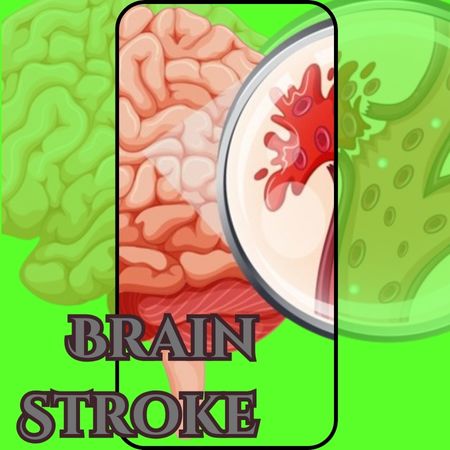4. Dietary Deficiencies
Deficiencies in certain nutrients, such as protein, potassium, and magnesium, can contribute to water retention. Protein helps keep salt and water within blood vessels rather than leaking into surrounding tissues. Meanwhile, potassium helps balance sodium levels in the body and aids in kidney function, promoting fluid excretion.
How to Address Nutritional Deficiencies to Reduce Water Retention
A balanced diet with adequate protein from sources like lean meats, beans, and nuts can help. Foods rich in potassium, such as bananas, spinach, and sweet potatoes, also support fluid balance. Adding magnesium-rich foods like almonds, spinach, and dark chocolate or considering a magnesium supplement may further assist in reducing bloating and water retention.
5. High-Stress Levels
Chronic stress leads to elevated levels of the hormone cortisol, which is linked to water retention and can affect the way our bodies store fluids. High cortisol levels signal the kidneys to retain water, causing a bloated or swollen feeling, particularly in the abdominal area.
How to Reverse Stress-Related Water Retention
Engaging in regular relaxation techniques such as deep breathing exercises, meditation, and adequate sleep can help to lower cortisol levels. Physical activity is also beneficial, as exercise helps to reduce cortisol levels while promoting better circulation and fluid balance.
6. Certain Medications
Some medications, such as anti-inflammatory drugs (NSAIDs), certain antidepressants, and blood pressure medications, are known to cause water retention as a side effect. These drugs can interfere with the body’s natural fluid regulation, leading to bloating or swelling.
How to Manage Medication-Induced Water Retention
If you suspect your medication is contributing to water retention, consult your healthcare provider for alternatives. They may adjust your dosage or suggest lifestyle changes to minimize water retention. Drinking plenty of water, reducing sodium intake, and engaging in regular physical activity can further help mitigate the bloating caused by medication.
Additional Tips to Reduce Water Retention
Aside from addressing the specific causes, the following general tips can help prevent and reduce water retention:
- Stay Hydrated: Drinking enough water encourages the body to release excess fluid.
- Limit Processed Foods: Processed foods often contain high levels of sodium and other additives that contribute to water retention.
- Exercise Regularly: Physical activity boosts circulation, helping your body to move fluids more efficiently.
- Consider Natural Diuretics: Foods like cucumber, watermelon, and celery have natural diuretic properties that promote urine production and help reduce fluid buildup.


